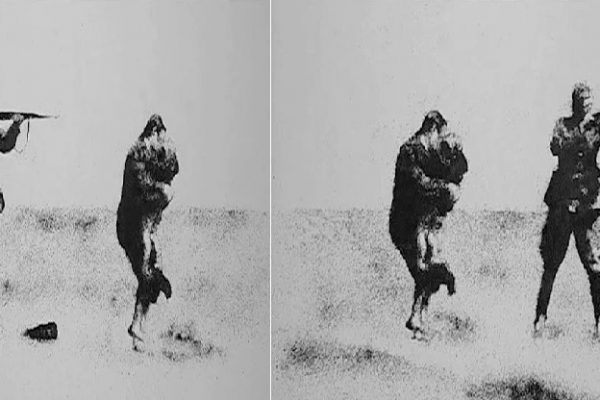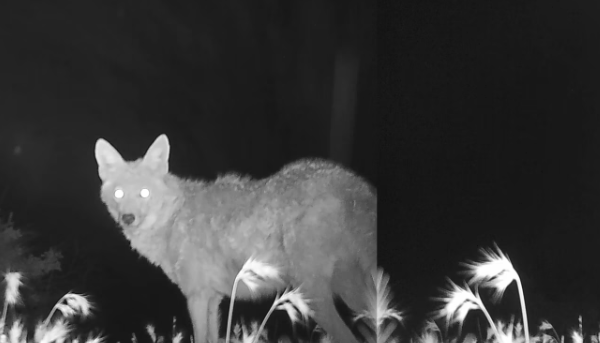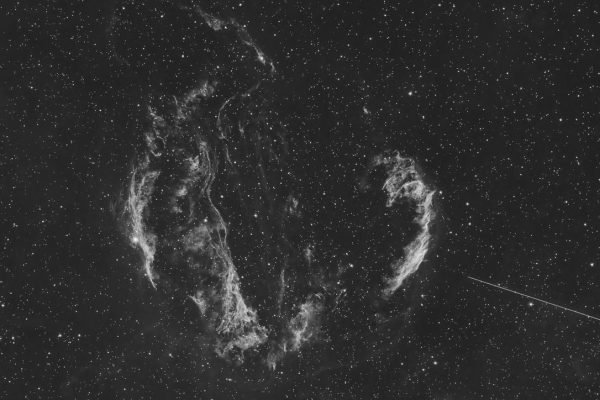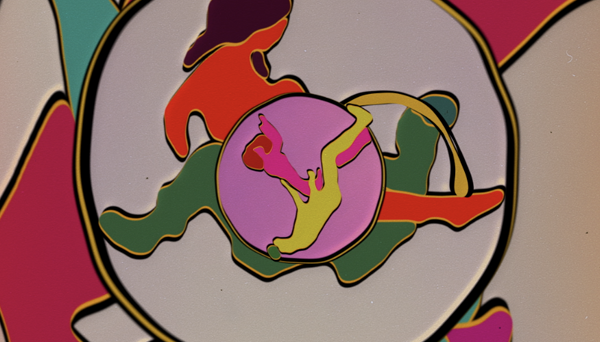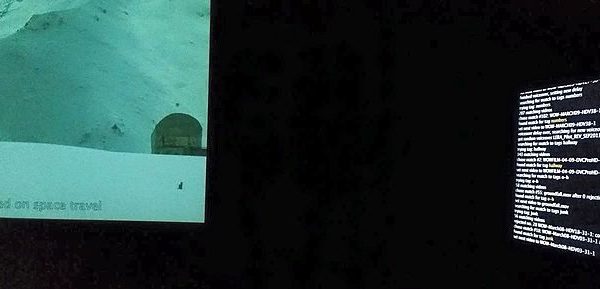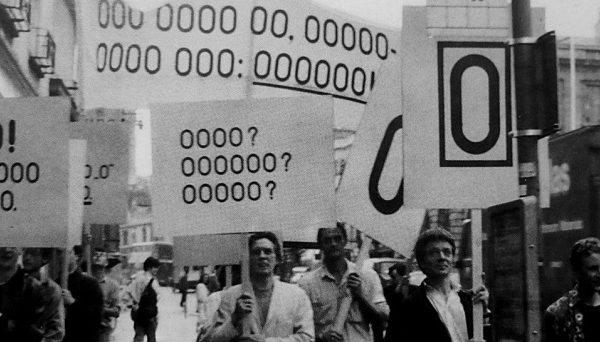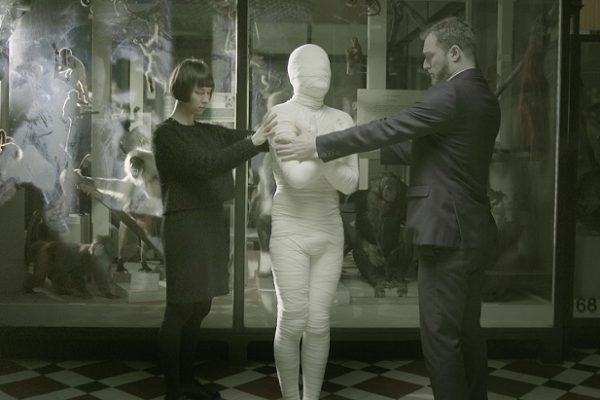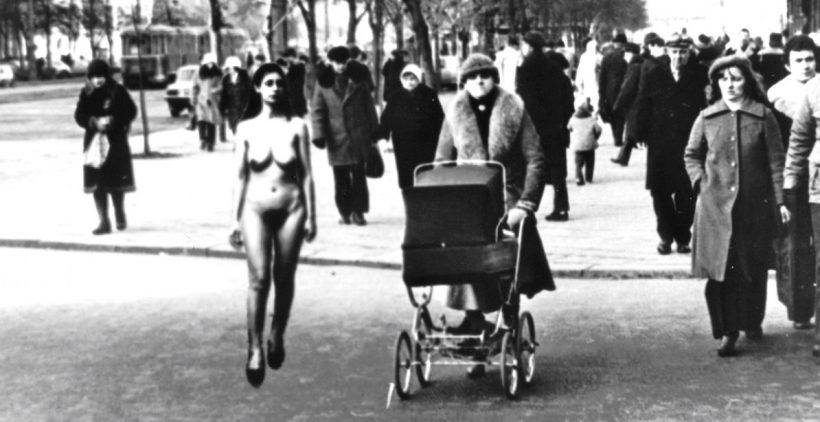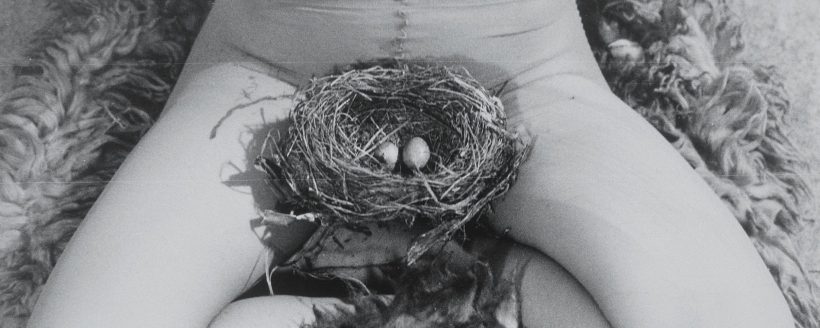La intimidad es el mayor grado de exposición y riesgo al que podemos llegar, es pura exterioridad inhóspita. Al contrario de lo privado, que podemos encerrar bajo llave, lo íntimo solo puede experimentarse en relación con los demás. Sólo nos sentimos desnudos y vulnerables cuando alguien nos mira. Tomo prestada de Jose Luis Pardo esta revisión semántica para tratar de entender la obra de Abel Azcona, porque reconozco que me genera sentimientos encontrados, entre la […]
Autor: Le Bastart
Abel Azcona, empathy as an artistic subject
Intimacy is the highest degree of exposure and risk we can reach, it is pure inhospitable exteriority. Unlike the private, which we can lock in, the intimate can only be experienced in relation to others. We just feel naked and vulnerable when someone looks at us. I borrow from Jose Luis Pardo this semantic revision to better understand the work of Abel Azcona, because I recognize that when first time I met it generated mixed […]
El desnudo, una forma de vestido
Nada se me antoja más parecido a un burdel que un museo (…) En uno, las Venus, Judith, Susanas, Junos, Lucrecias, Salomés y demás heroínas en bellas imágenes inmovilizadas; en el otro, mujeres vivas con sus vestimentas, gestos, decires, hábitos estereotipados. En ambos se encuentra uno bajo el signo de la arqueología; y si me ha gustado el burdel tanto tiempo es por lo que tiene también de Antigüedad, de mercado de esclavos, de prostitución […]
Nudity, a form of dress
Nothing seems more like a whorehouse to me than a museum (…) In one beautiful frozen images of Venus, Judith, Susanna, Juno, Lucrece, Salome and other heroines; in the other, living women in their traditional garb, with their stereotyped gestures and phrases. In both, you are in a sense under the sign og archeology; and if I have always loved whorehouses it is because they, too, participate in antiquity by their slave-market aspect, a ritual […]
Cuando ellas se quitaron el delantal
Fue en los años setenta del siglo pasado cuando fraguó el célebre lema lo personal es político, que en el ámbito artístico permitió a las mujeres sacar a las amas de casa de sus madrigueras, transferir su rebeldía a esas figuras de lo doméstico, denunciando con humor las psicopatologías que su paso prefijado por las edades de la vida les causaba: de novia casta a alegre premamá, de seductora pin-up a cincuentona recluida entre fogones. […]
When women took off the apron
It was in the seventies of the last century when the famous motto the personal is political was created , one that in the artistic field allowed the women to remove the housewives from their holes, to transfer their defiance to those figures of the domestic, denouncing with humor the psychopathologies caused by their pre-determined passage through the stages of life: from chaste bride to happy mom, from seductive pin-up to fiftyish women secluded in […]
Juan Carlos Martínez, ¿cómo nos miramos?
El mundo se ha convertido en una colmena agujereada de peepholes desde los que otear sin ser vistos, laberintos virtuales recorridos por stalkers. Obviando las resonancias orwellianas, este mundo poblado por espías espiados puede ser leído en clave poética como cantos de amor. En la película de Jean Genet (un chant d’amour) las mirillas practicadas en las celdas parecen orificios taladrados por la fuerza incontrolable del deseo, que se cuela por todos los resquicios, embaucando […]
Juan Carlos Martínez, how do we look at each other?
The world has become a beehive leaky of peepholes from which to observe without being seen, virtual labyrinths traversed by stalkers. Obviating the Orwellian resonances, this world populated by spied spies can be read poetically like songs of love. In the film of Jean Genet (a chant d’amour) the peepholes practiced in the cells seem holes drilled by the uncontrollable force of desire, which slips through all the cracks, deceiving even the jailer. Masculine universes, […]


